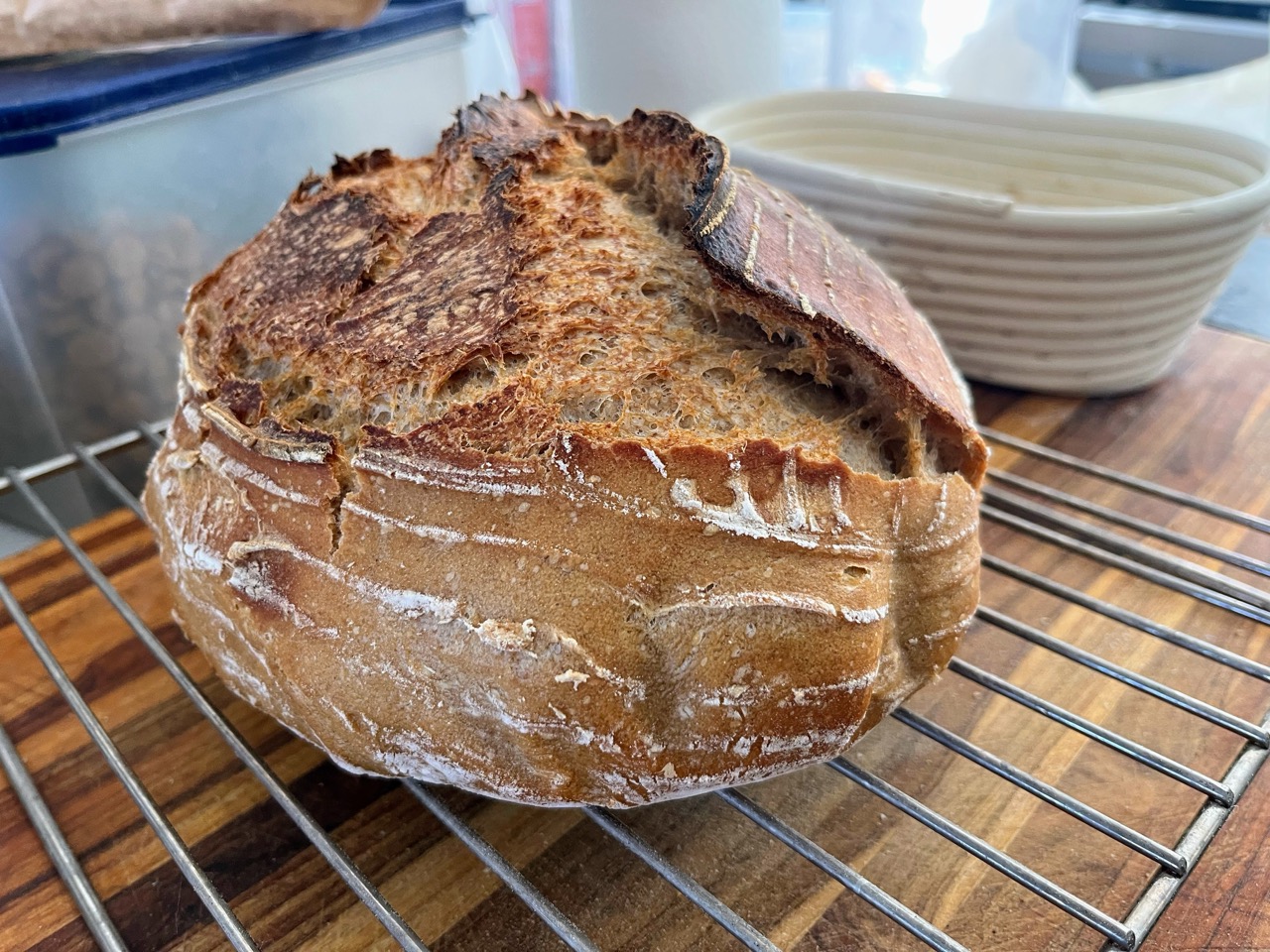 Share on Pinterest
Share on Pinterest
Researchers have found that high blood pressure may triple the odds of having a stroke for Black women under 35 years old. Multiple factors contribute to the higher likelihood of high blood pressure among Black individuals. It is crucial for both medical professionals and patients to be vigilant about the elevated risks and to conduct proper screenings, especially for younger women. Lifestyle modifications and consultation with a physician can help manage the risk.
A new preliminary study by the American Heart Association (AHA) indicates that young Black women with high blood pressure are at an increased risk of stroke. The study, which will be presented at the AHA’s International Stroke Conference, involved an analysis of 59,000 Black women in the United States aged 24 to 64 who had not previously experienced a stroke. The research revealed that women who developed high blood pressure before the age of 35 were over three times more likely to suffer a stroke. While the study has not yet been published in a peer-reviewed journal, the lead author emphasized the significance of primary prevention and screening for high blood pressure.
Hypertension, or high blood pressure, is more prevalent among Black adults in the United States. Dr. Hugo Aparicio, the lead author of the study and an associate professor of neurology at Boston University Chobanian & Avedisian School of Medicine, emphasized that 10% of participants under 45 years of age and almost 40% of those aged 45 to 64 had high blood pressure. Of particular concern was the observation that the risk of stroke was highest in those who developed high blood pressure at an early age, such as in their twenties or thirties.
Experts highlight that since high blood pressure is a major risk factor for stroke, it is plausible that younger individuals with hypertension could experience a stroke at a relatively young age. Despite common misconceptions that the heightened risk of stroke becomes apparent only in older age, this study underscores the importance of addressing early-onset hypertension as a significant predictor of stroke, even in middle age.
The researchers made efforts to account for various factors, including regional differences, socioeconomic status, excess body weight, smoking, and diabetes. Even after adjusting for these factors, the study continued to demonstrate an elevated risk of stroke associated with a history of hypertension across different age groups. Psychosocial stressors, experiences of racial discrimination, and hypertensive disorders related to pregnancy have been correlated with an increased risk of cardiovascular disease and stroke, particularly among Black women.
Black men and women are often undertreated for high blood pressure and cardiovascular disease due to complex reasons. Challenges in accessing primary care, obtaining medications, and maintaining adherence to treatment regimens are just some of the barriers that need to be considered in patient care discussions. Additionally, a genetic factor unique to Black individuals, called lipoprotein (a), has been linked to cardiovascular disease and stroke but is seldom evaluated in clinical practice.
While there is a genetic component to high blood pressure, other factors can be controlled to reduce the risk of developing hypertension, heart disease, and stroke. Regular blood pressure monitoring and screenings during medical visits can help individuals take charge of their overall health. Addressing mild increases in blood pressure through lifestyle changes such as diet, exercise, smoking cessation, and improved sleep habits can be beneficial. Managing specific risk factors like excess body weight, abnormal blood cholesterol levels, and elevated blood pressure is also crucial for reducing the risk of stroke.
The study findings emphasize the importance of heightened attention to screening for both medical professionals and patients, as neither hypertension nor the risk of stroke should be perceived as issues solely affecting older women. Healthcare policy changes are needed to prioritize and fund primary prevention efforts, as for Black women, experiencing a stroke in middle age may often be too late.









